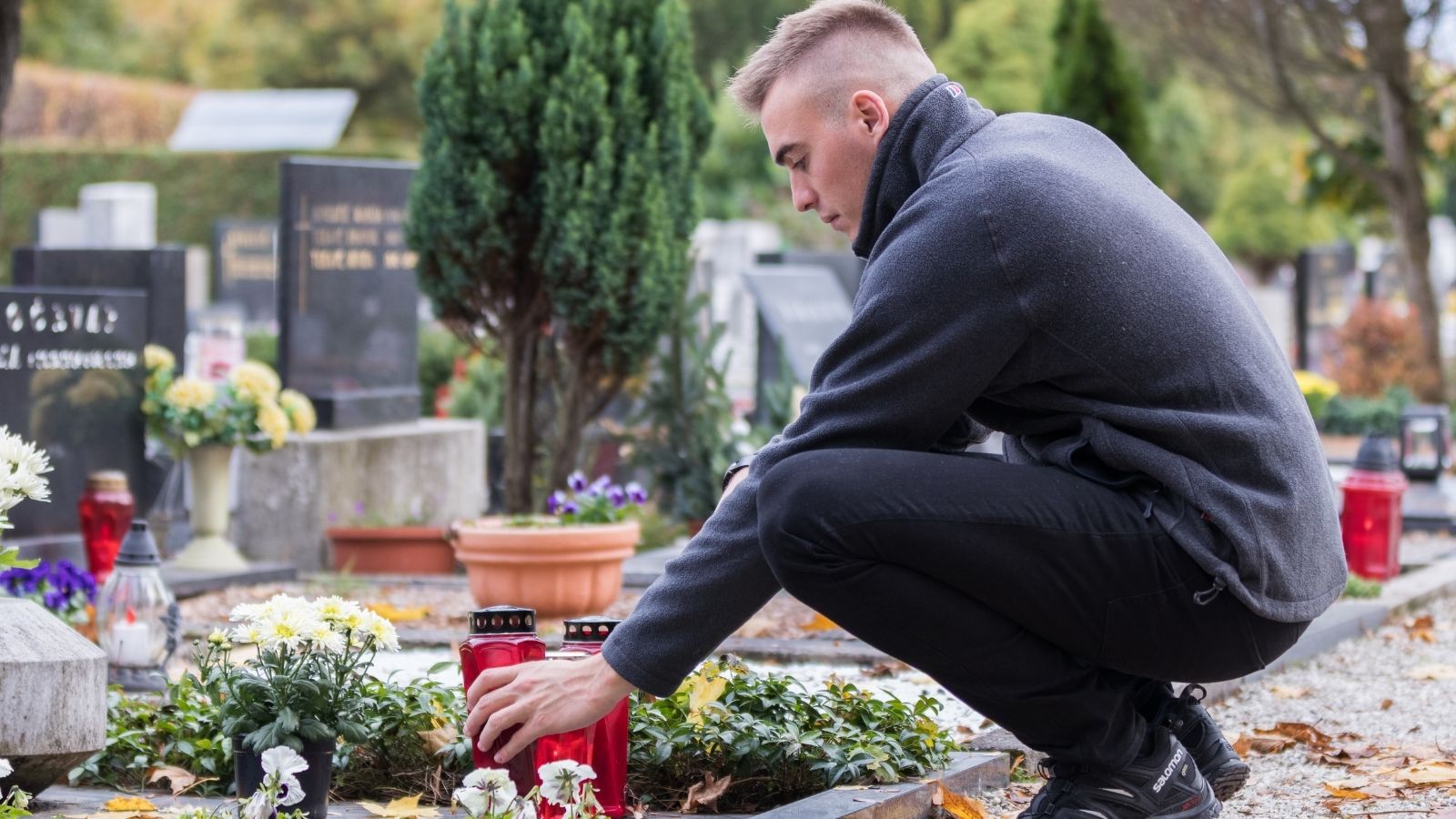By Sarah Hunt, AZFB Communications Intern

2020 and 2021 have both been hard years on all of us. Whether you have lost a loved one due to COVID-19 or other complications, we are grieving with you.
I think almost everyone has lost someone important to them in this past year and a half. This time of grief can be very difficult on the mind and body. We’re here to help.
Even though it can be difficult to eat in the beginning stages of grief, nutrition is very important for keeping up your health. This is even more important when you have people depending on you for care.
It can be hard to want to eat anything when grieving, so here are some of our best tips and research we’ve found:
Have a Motivation Partner
When you don’t feel like eating, remember why you need to eat so you have the energy to keep going. These reminders can come in the form of responsibilities, which can sometimes feel daunting. Instead, have a partner to motivate you to take care of yourself. It could be your spouse, one of your kids, your best friend, a parent, a cousin, etc. Support from family and friends can help tremendously as you get through this period of grief.
Don’t Overindulge in Alcohol or Caffeine
Try to limit your alcohol and caffeine intake. When you use too much of either of these, you can cause yourself serious health problems and develop addictions. You can become too dependent on these and when you try to stop consuming alcohol or caffeine, your body needs it to avoid burn out, which will only make your burn out worse when it catches up to you.
Eat Plenty of Fruit, Vegetables, and Protein
It’s important to put good fuel in your body so you feel well and can get through your day. In my opinion, eating something is better than nothing, so don’t put too much pressure on yourself to eat exactly the “right” way. Try to stock your fridge with fruits, veggies, and protein to keep you going. Look into doing meal prep, so you only have to cook once or twice a week. You can also make fresh dinners that are freezable for when you don’t feel like cooking later. You can also try eating smaller meals more frequently, say 6 small meals a day, every 2 or 3 hours, versus 3 big meals 5 hours apart.
Drink Enough Water
Doctors recommend drinking 64 ounces of water a day, which is equal to about four of those grocery store brand water bottles, which are 16.9 ounces each. Crying and forgetting to drink water can leave you feeling lackluster and dehydrated, so it’s important to drink enough water during the day. You can also eat foods that have a high water content, such as watermelon.
Don’t Forget to Exercise
Funerals take planning and paperwork, and it doesn’t stop after the funeral. When you’re the primary person taking care of these things, as well as trying to keep up with your daily responsibilities, it can be easy to completely forget about exercising. However, if you find just 20 minutes each day to exercise, go on a walk or do a simple workout, you will feel much better. Exercise has been proven to help fight depression, give you more energy, and release endorphins to boost your mood.
Sources:
A Guide to Getting Through Grief by Harvard Health Publishing
Find more articles on health and nutrition on Fill Your Plate’s blog.

